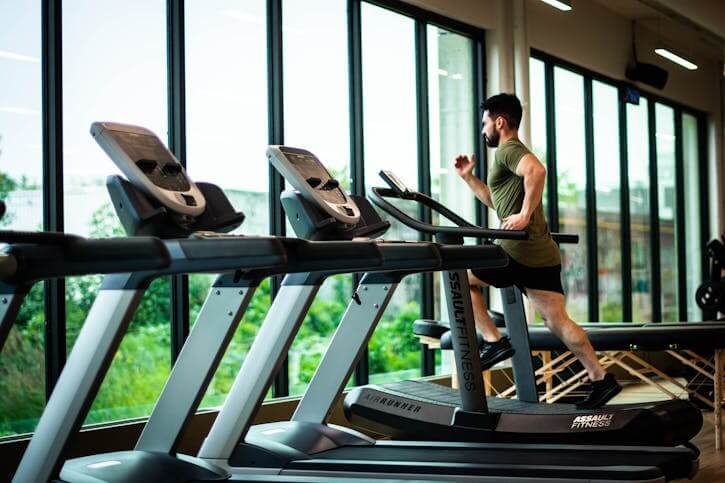In the world of sport, preparation often centers around physical endurance, technical skill, and goal-setting. But what if the true foundation of athletic success lies deeper—within our values, emotions, and mindset? In a compelling exploration of long-term resilience, a new framework challenges athletes to rethink their approach to training, competition, and personal growth.
Aligning Preparation with Personal Values
Many athletes train hard but feel disconnected from their goals. This disconnect often stems from a lack of clarity around personal values. When preparation aligns with deeply held beliefs, motivation becomes sustainable and meaningful. Without this alignment, even major achievements can feel hollow or short-lived.
Identifying core values isn’t always easy. It requires introspection and honesty. But once uncovered, these values become a compass—guiding decisions, fueling perseverance, and anchoring athletes during setbacks.
Training with a Long-Term Vision
Training for a marathon or any single event should be seen not as an endpoint, but as a chapter in a lifelong journey. The question shifts from “Can I finish?” to “Why does this matter?” and “What comes next?” This mindset fosters continuous growth, where each goal is a stepping stone rather than a final peak.
The Circle of Life: A Four-Quadrant Model
At the heart of this philosophy is a holistic framework known as the Circle of Life, composed of four interconnected quadrants:
- Character: Understanding your strengths, vision, and identity.
- Emotions: Building emotional fitness to navigate setbacks.
- Flow State: Achieving peak performance through harmony of mind and body.
- Experience: Engaging in meaningful activities that affirm your values.
These quadrants form a cyclical loop—growth in one area reinforces the others, creating a sustainable path to resilience.
Emotional Fitness: The Hidden Key to Consistency
Emotional fitness is the ability to regulate your internal state during adversity. It’s what keeps you going when conditions are tough, when motivation wanes, or when setbacks threaten progress. Journaling emotions, reflecting on challenges, and learning from discomfort are all tools that build this vital skill.
Experiences Over Outcomes
Ultimately, training is not just about winning races—it’s about enriching life. Whether it’s running with your children, trekking in the Himalayas, or surfing with friends, these experiences validate your competence and reinforce your motivation. They are the true rewards of preparation.
Steering Your Own Ship
External factors—weather, race conditions, competition—are beyond your control. What you can control is your internal response: your beliefs, mindset, and emotional reactions. Learning to “steer your own ship” means mastering self-control and staying focused regardless of external turbulence.
Continuous Growth, Not Final Peaks
There is no ultimate summit in personal development. Every achievement reveals a new challenge, a “bigger mountain” to climb. This perspective transforms success from a destination into a process—an ongoing journey of self-discovery and improvement.
Conclusion: Resilience from Within
True resilience is not just physical toughness. It’s the inner strength that comes from aligning with your values, managing your emotions, and embracing growth. Preparation must be holistic and future-oriented, rooted in a deep understanding of self and a commitment to meaningful experiences.
This philosophy is explored in depth in my book, The Resilient Athlete, which offers practical insights for those seeking lasting fulfillment through sport. It’s a call to shift from outcome-focused goals to a process-driven mindset—where every step, every challenge, and every experience contributes to a richer, more resilient life.
Andrejs Birjukovs is a certified coach and multisport athlete with a background in swimming, kayaking, marathon and trail running, as well as long-distance triathlons. Throughout his professional athlete and coaching careers, Andrejs has learned the value of reinventing oneself through physical exercise and lifestyle changes. He is an IRONMAN certified coach and runs The Athlete Blog where he shares his training and coaching experience with the world. He is the author of The Resilient Athlete.
Image: Pexels





